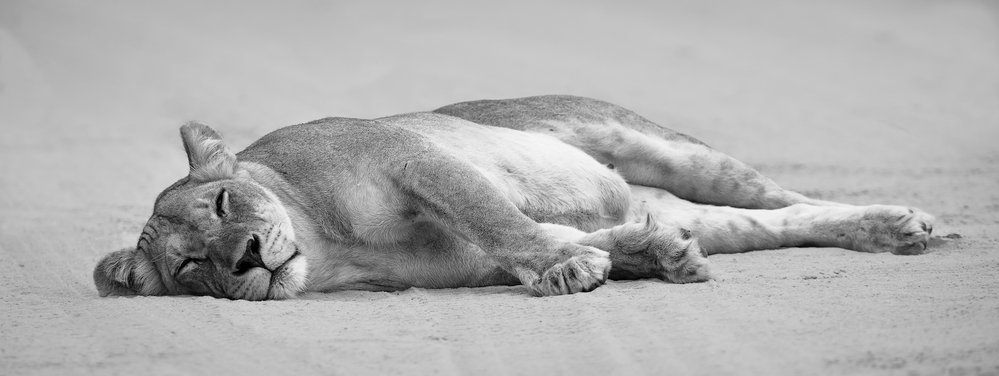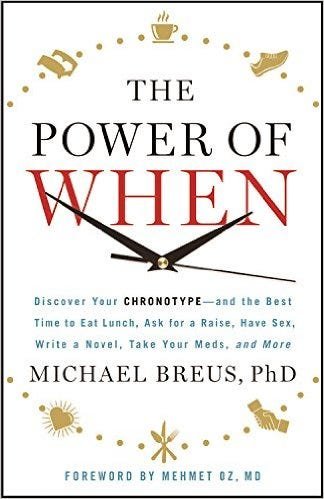Why Is Sleep So Important
Ok. You train hard. Lift weights. Run. Improve your movements and skills.
In short: you think you do everything you can to make your dreams come true. The thing is: is it true?
Well, while I congratulate you for your efforts, there might be a big thing you’ve been missing in the optimal training equation.
As important as the first part: recovery.
GOOD TRAINING = TRAINING WELL + RECOVERING WELL.
When ignored, or not optimized, you pay the price with:
- injuries
- sickness
- mood swings, or even depressions
Which means you now have some forced time when you can’t train. Which is some time wasted during which you can’t do much to reach your goals.
Recovery and Immunity
One thing to understand: our immune system is linked to our ability to switch from active mode (also called sympathetic system) into recovery mode (parasympathetic system).
When we push our bodies, the priority is to feed the muscles, pump blood, carry oxygen and removing the wastes like acid lactic.
On the other hand, when you enter the recovery system, the body understands that it’s now time to heal. Inflammations are taken care of. Proteins build muscles. Digestion occurs. And pathogen elements are destroyed.
Therefore, the trouble is when you spend too much time pushing, and not enough time recovering.
This could happen if:
- you keep pushing yourself all day long
- you ignore relaxation
- you tend to be anxious, so your body remains in alert mode
- you don’t sleep well, or not enough
The following hacks will attempt to take care of this last point. Hopefully, you’ll do something for the other ones.
In any case, when sleep is compromised, it doesn’t end well, so let’s take care of it now.
The 12 hacks I’ve found helpful
1. CYRCADIAN RHYTHM
Depending on your age, your personality, your genetics, you have different needs related to your sleep.
Sure, we tend to need more or less 8 hours of sleep per night, we tend to go to be around 10-11pm, we tend to need more sleep when we are younger. And if you stop to these, you miss an opportunity to personalize your sleep with what you truly need.
Most importantly:
- what time is it best for YOU to go to bed?
- what time to wake up?
A great book and test to find out your chronotype is The Power Of When. The author gives animal names related to the times at which is best for you to go to bed or any other activity.
For instance, for me as a “lion”, I wake up full of energy around 6-6.30am. On the other hand, don’t ask me anything in the evening!
My wife on the other hand, probably a wolf or a dolphin, can’t go to bed before 11.30pm, and has a hard time to wake up.
Important to note: teenagers are most often in the wolf category. Which means they need to go to bed late…and wake up late.
Follow the link to do the test above, or read the book, and draw your own conclusions.
2. LAST MEAL
I’m not very diligent with this one, and it’s true that when I eat early, as far as possible from bed time, I feel I recover better.
Aim for 3+ hours before bed time. One suggestion I’ve heard is to not eating once the sun is gone.
3. ELECTRONICS
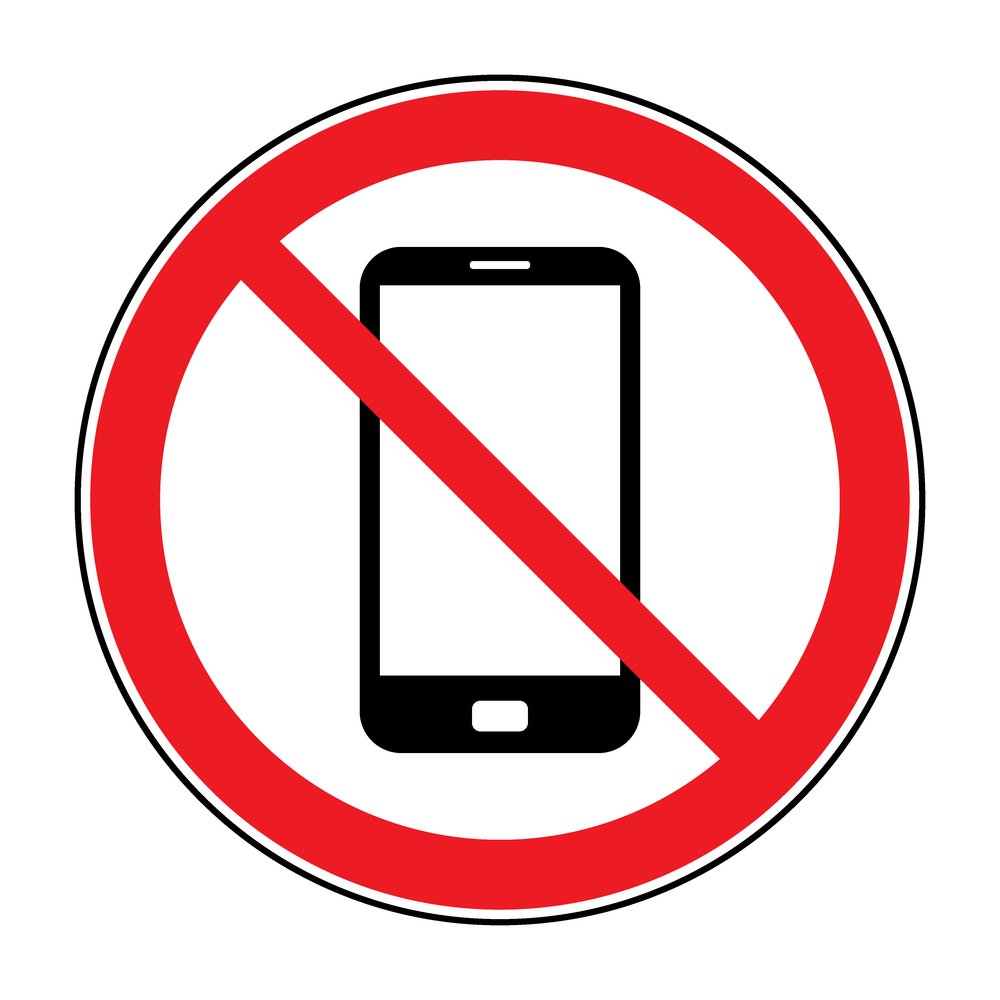
I do my best to SWITCH OFF my cell phone at 8pm. Same with computer, tablet, TV (well, I don’t have any tv so this one is easy!).
Otherwise the brain tends to remain on active-stimulated mode (hey, social medias, movies and video games are created partly to get people addicted, so get clear with yourself on this topic).
4. READ
Instead of electronics, I first have some good time with my wife around the meal, and then I read, in a quiet environment. I read 10-20 min, a paper book (not tablet), for the reason explained above. Once I feel sleepy, time to switch off.
5. ROOM TEMPERATURE
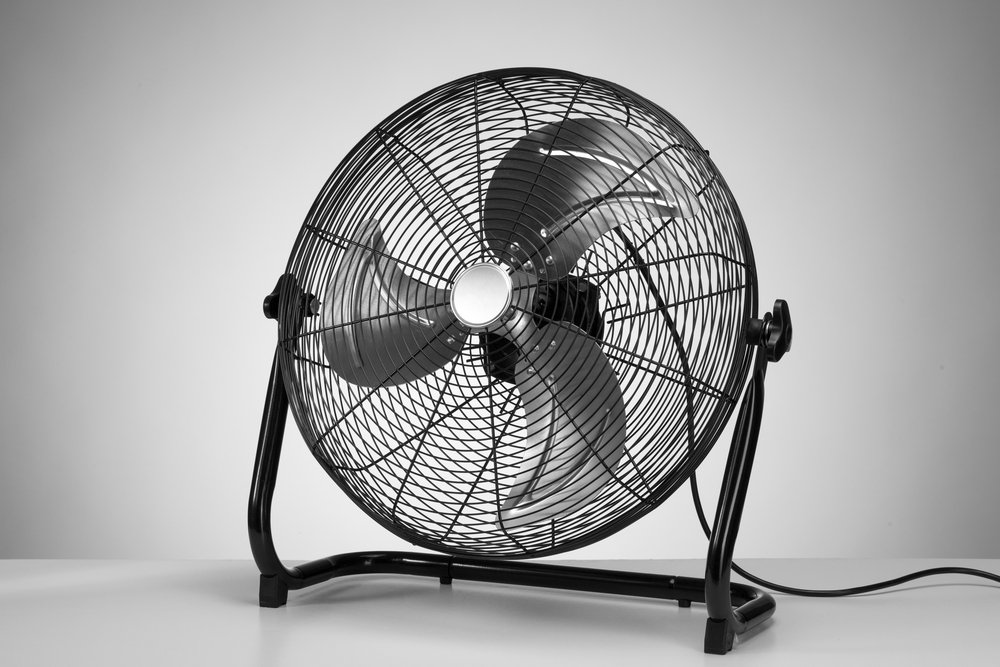
This is actually and by far, the most important for me. I can sleep anywhere, even with lights and sounds, if I feel slightly cold. Waiting for planes, I remember sleeping on my yoga mat at Cairo and Tokyo airports with lights, noise, and cold!
I’ve heard research says 19°C is ideal for most people.
6. WARM SHOWER

Shower does help. For some people, cold shower is better. For me, warm shower is the deal. I’ve heard in a podcast that it signals our body to cool down (vs cold shower exciting us).
7. SANCTUARY
No light (except moon and stars) allowed in the bed room. No sound. And NO ELECTRONIC: cell phone, tablet, computer, even off, still emit some electrical wave that can disturb sleep (worth repeating). In fact, know that many people are sensitive to EMF (Electro Magnetic Frequencies) and there are tools to help us, including some kind of painting that block them.
8. GOOD THOUGHTS

My wife and I have a policy: we are doing our best to resolve any conflict before bed.
I also take time to reflect on what I’m grateful about for the day that just finished. This places my brain on a positive vibe that I believe carries on during my sleep (the opposite is true: if you’re worried or just watched a video that brought some negative emotions, then your sleep will potentially be affected).
9. MOUTH TAPING
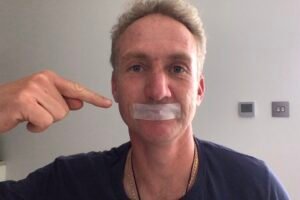
I put some tape on my mouth so that I know I’ll only breathe through my nose the whole night. Believe it or not, I feel calmer when I wake up.
Research has shown it does help for snoring and sleep apnea. And it teaches your body to breathe through your nose, something most people are not doing enough and pay the price with many diseases and some extra dose anxiety.
10. RELAXATION
I sometimes take the time to feel each body part and consciously relax them one after the other. Ideally, it’s also good to do it right after training, too.
11. NAP
To build muscles, you need to sleep: this is what Russian scientists used to advise their athletes. They recommend a 90 min nap every afternoon to become stronger!
I often take a nap. I don’t have a Russian athlete’s body yet though (not yet)!
12. COFFEE
I don’t drink coffee in the afternoon. I’ve read that you need 8 hours from your last coffee to your bed time. Having said this, some people can absorb coffee very well, and others not.
This is it!
Hopefully, you can benefit from a few of those hacks.
Happy recovery to you. Remember this is a big part of your training.
Good night!
